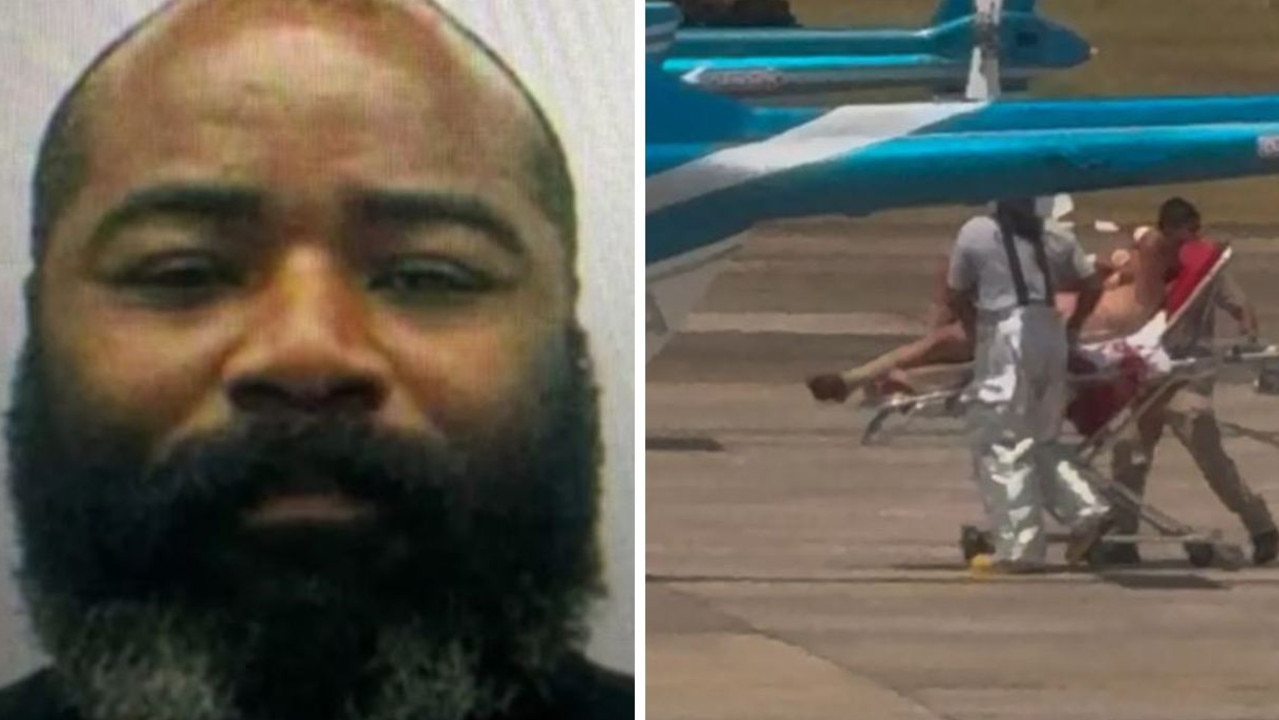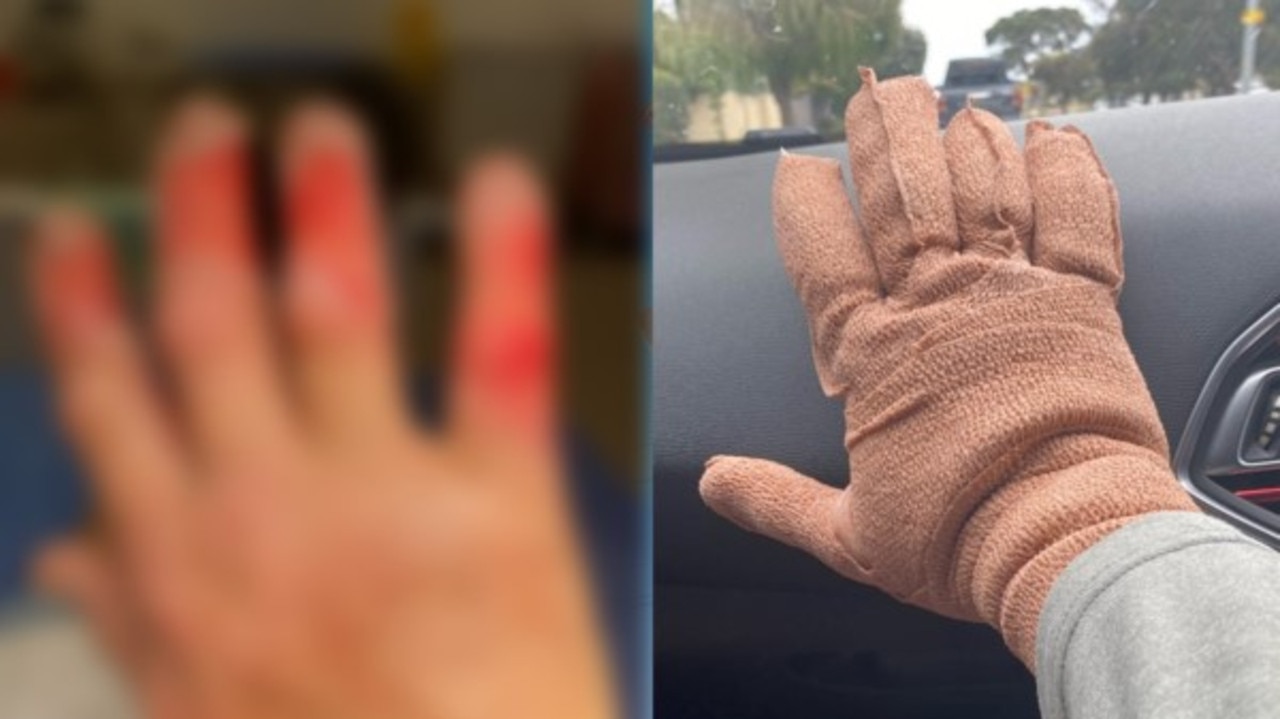Fears car parks have become mass graves in flood-hit Valencia region
One of the most popular tourist cities in Europe is on its knees, and now images are appearing of what rescuers fear is a horrific mass grave.
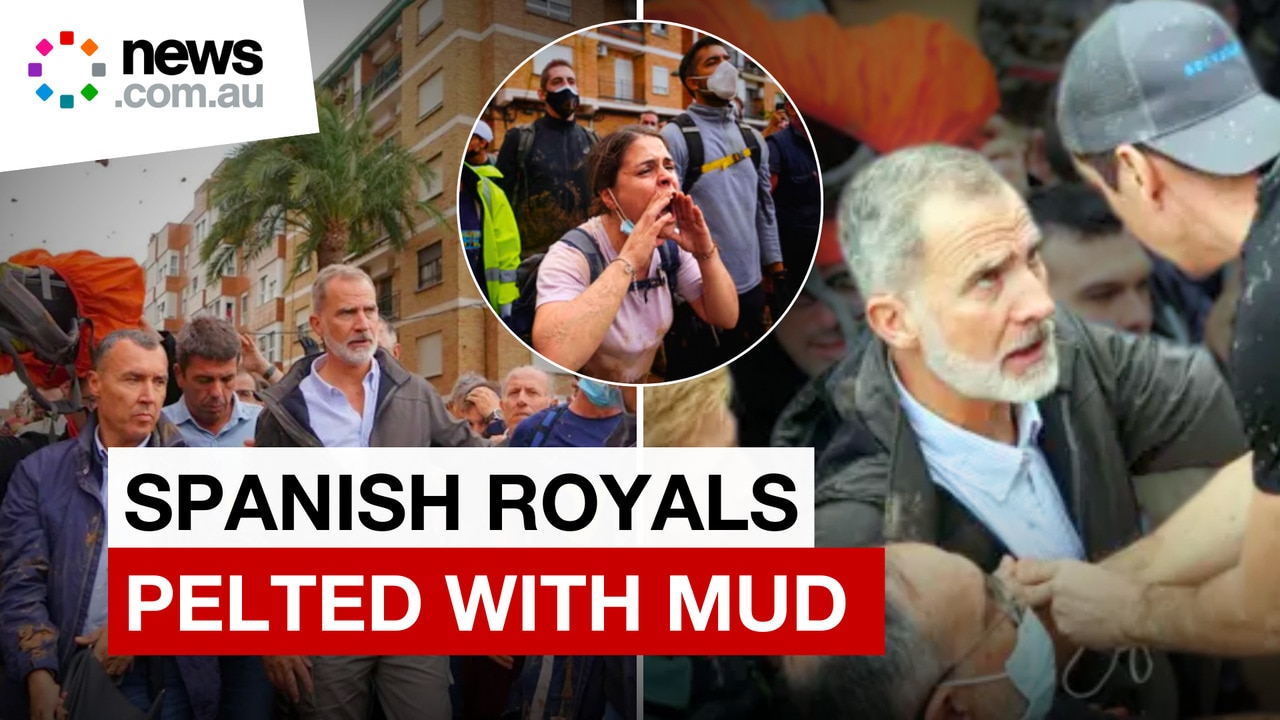
One of the most popular tourist cities in Europe has been brought to its knees by a once-in-a-generation weather event, and it could still get a lot worse.
More than 200 people are dead in the tourist hot-spot of Valencia — Spain’s third most populated region — after heavy rain caused massive floods that buried homes, cars and people.
As the scale of the disaster comes into focus, it is feared that unexplored underground car parks and tunnels could hold mass graves as vehicles were trapped by the fast-moving floods.
Hundreds of abandoned cars are under water in the popular Bonaire shopping centre and scuba divers have been called in to carry out the grim task of exploring the centre’s underground car park.
It comes as furious locals hurled mud and insults at Spain’s king, queen and prime minister on Sunday in a startling show of anger in the worst hit town in the flood disaster that has killed more than 210 people.
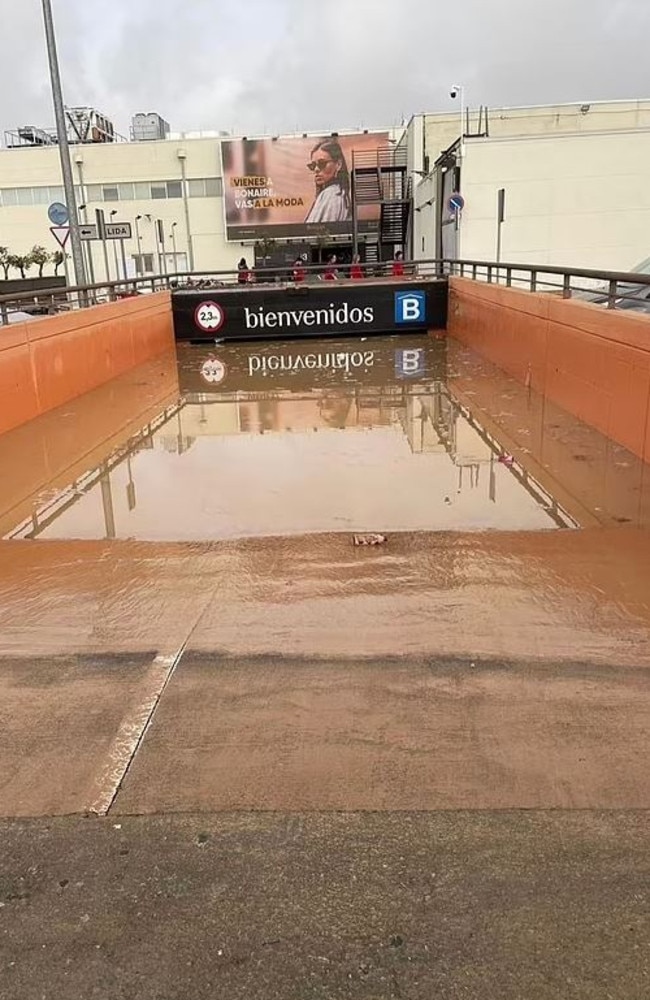
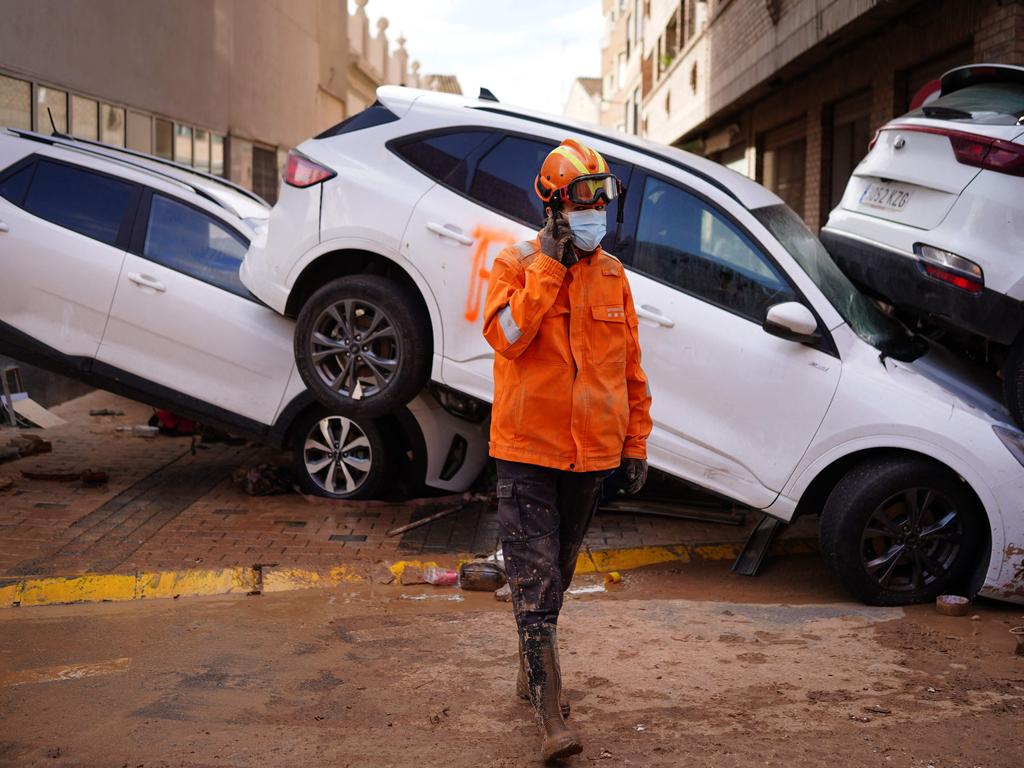
More heavy rain fell on the Valencia region after King Felipe VI, Queen Letizia and Prime Minister Pedro Sanchez were forced to leave Paiporta where more than 70 people died in floods last Tuesday.
Mud hit the monarchs in the face and clothes as they tried to calm the angry crowd in scenes that underscored the fury over the response to the disaster that has now killed at least 217 people with many more still missing.
The king and queen went to a crisis centre in Paiporta. But extra security guards soon had to keep the angry crowd, shouting “murders”, away from the royals and prime minister. They put up umbrellas to stop mud hitting the royal couple.
The king said later that Spain had to “understand the anger and frustration” of people affected by the devastation to towns where cars have been left in muddy heaps in streets.
In a social media video, the king called on the public to give the victims “hope and their guarantee that the state in its entirety is present”.
Most of the fury seemed directed at Prime Minister Sanchez and Valencia regional government head Carlos Mazon.
“I understand the social anger and of course, I’m here to receive it. This is my political and moral obligation,” Mazon said in a post on X.
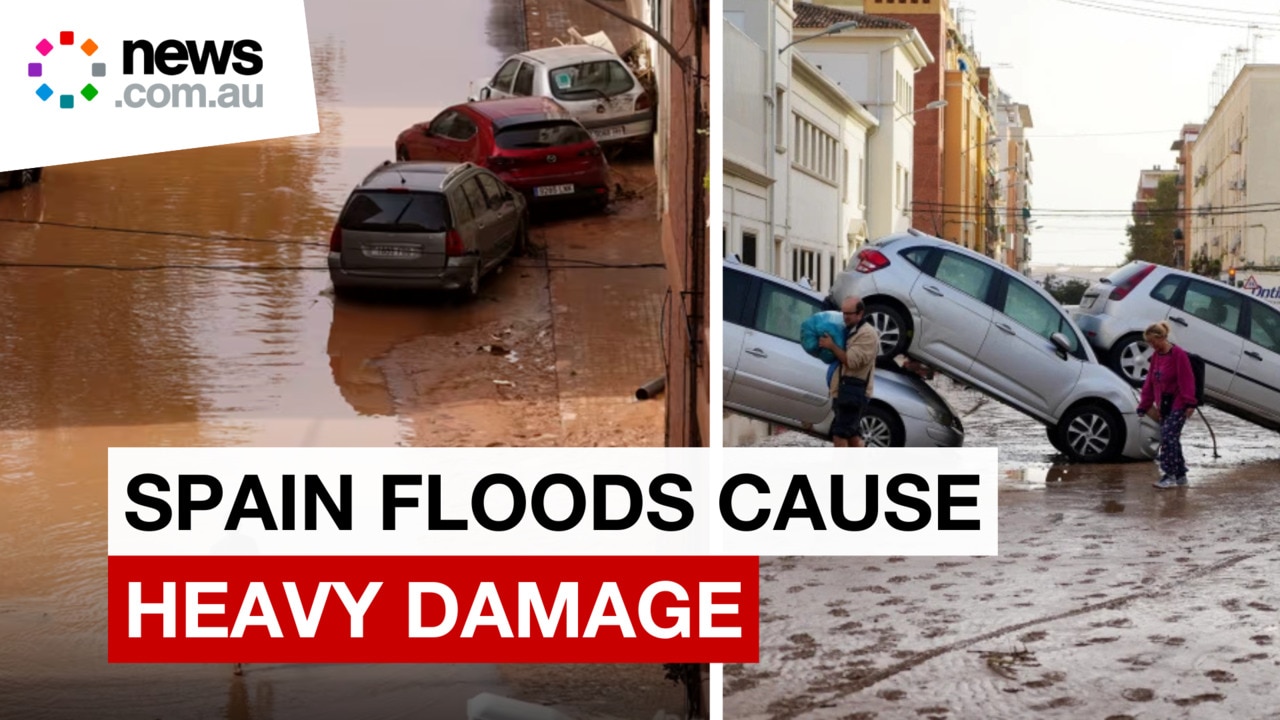
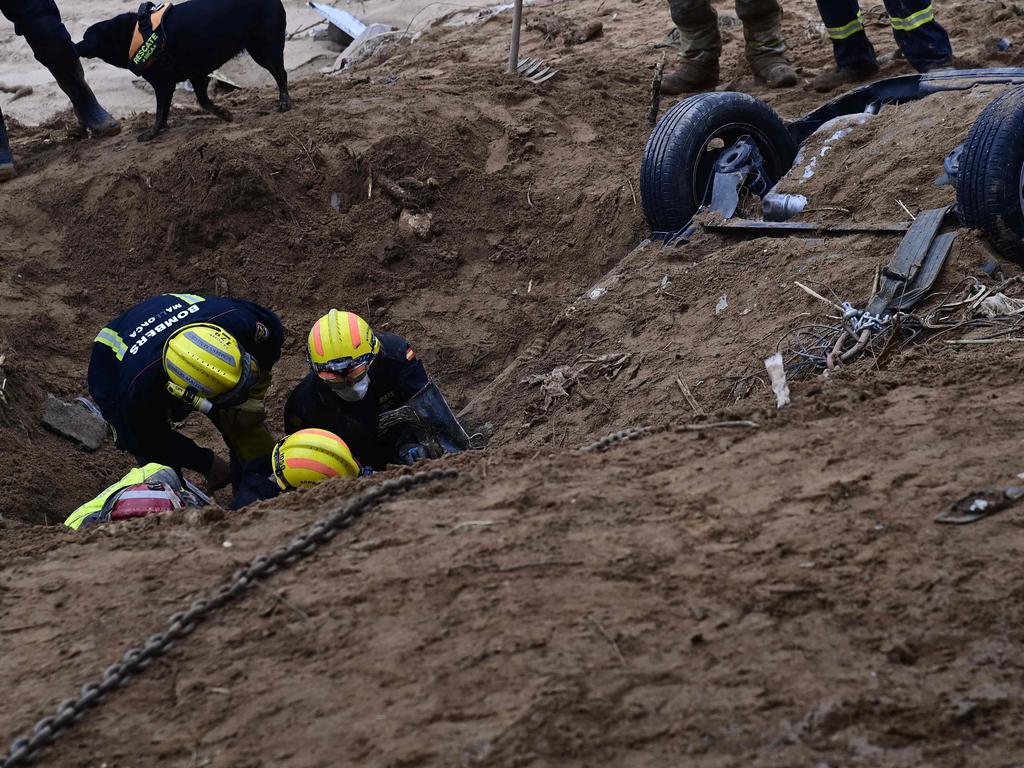
The rear window of Sanchez’s car was broken before he and the local politicians quickly left. The socialist leader said that while he empathised with the “anguish and suffering” of the victims, he condemned “all forms of violence”.
Spanish media later reported of the possible involvement of far-right groups during the incident. Sanchez’s deputy Maria Jesus Montero reacted to the allegations on X, saying “We will not allow radical groups to profit from people’s pain.” Spain’s meteorological agency issued a “red alert” for new storms in the Valencia region on Sunday and heavy rain started falling in the night.
Police using megaphones urged Valencia residents to stay in their homes. While the alert was later downgraded, schools in Valencia were to remain closed Monday.
Authorities have come under fire over the lack of warnings before the floods and the slow reaction after.
“I am aware the response is not enough, there are problems and severe shortages ... towns buried by mud, desperate people searching for their relatives ... we have to improve,” Sanchez said.
With an extra 10,000 troops, police and civil guards sent to the Valencia region, Spain has now ordered its largest peacetime military and security force deployment, Sanchez said.
“Thank you to the people who have come to help us, to all of them, because from the authorities: nothing,” a furious Estrella Caceres, 66, told AFP in the town of Sedavi.
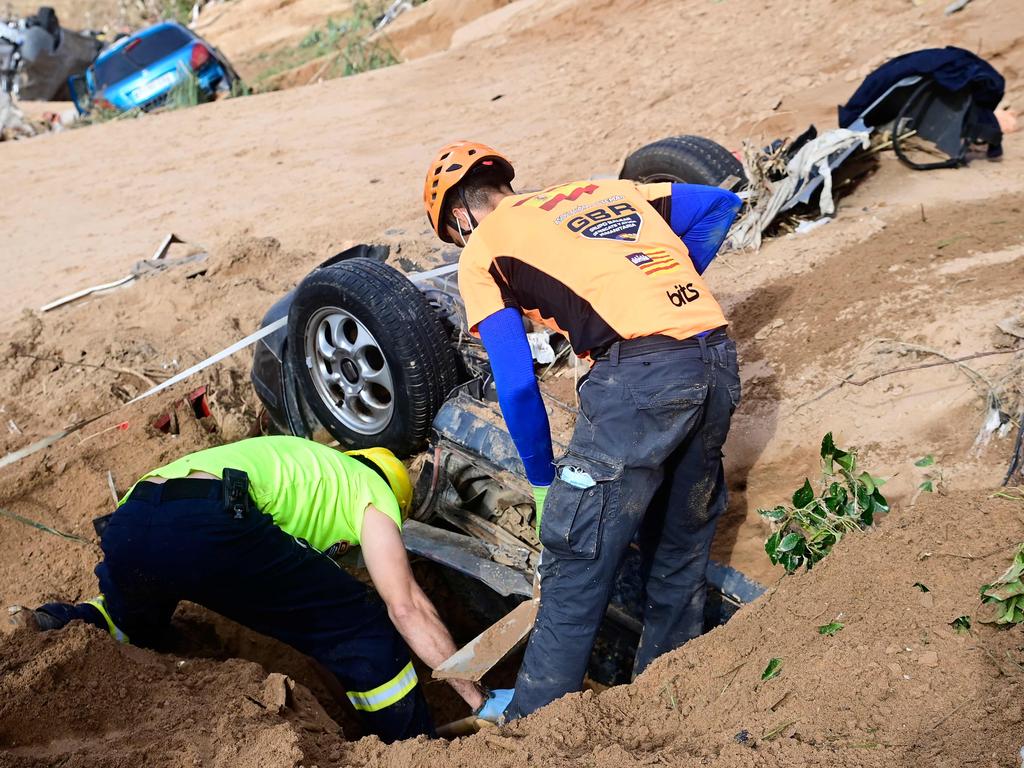
In Chiva, restaurant owner Danna Daniella said she was still in shock, haunted by memories of people trapped by the raging floods “asking for help and there was nothing we could do”.
“It drives you crazy. You look for answers and you don’t find them.”
- Volunteers out in droves -
Transport Minister Oscar Puente told El Pais daily that certain places would probably remain inaccessible by land for weeks.
An army of volunteers with food, water and cleaning equipment have played a key role in the recovery, though authorities have urged people to stay home to avoid congestion.
On Sunday, the Valencia government limited the number of volunteers authorised to travel to the city’s southern suburbs to 2,000 and restricted access to 12 localities.
Despite this thousands made their way to stricken communes on foot, carrying brooms and shovels.
Storms coming off the Mediterranean are common this time of year. But scientists have warned that climate change is increasing the ferocity, length and frequency of extreme weather events.

